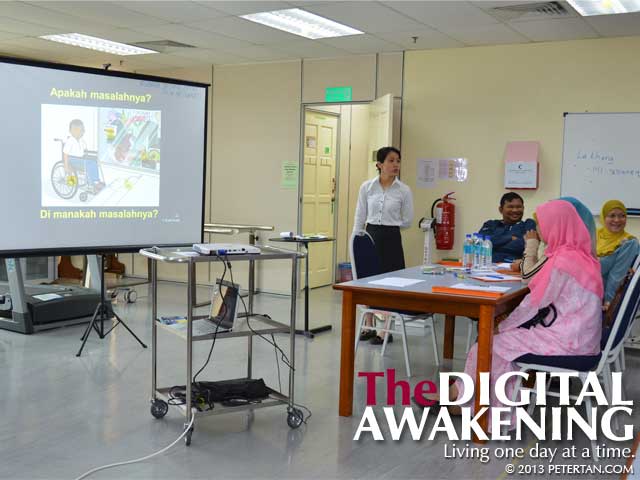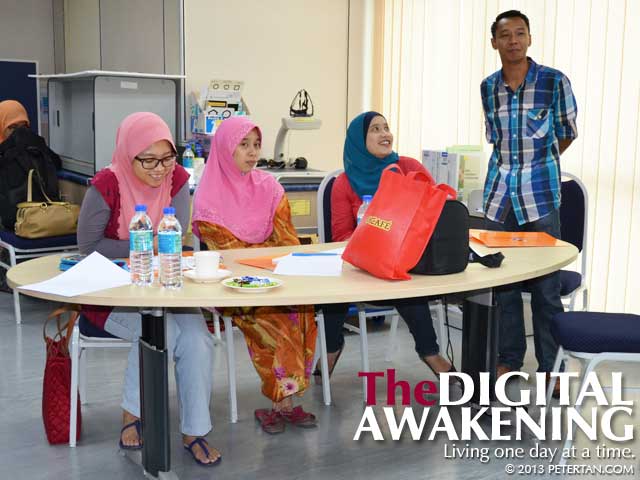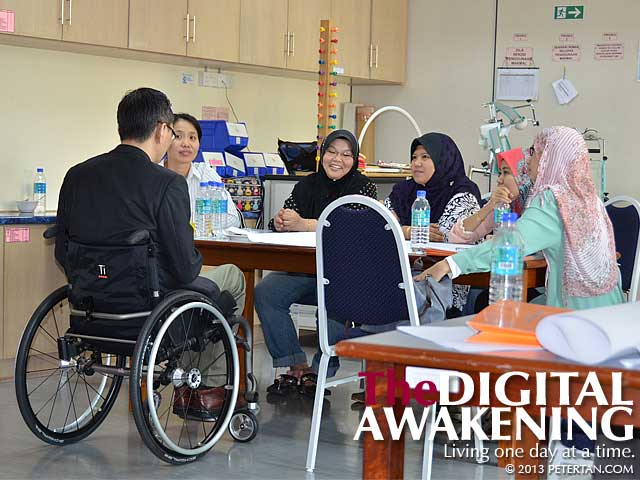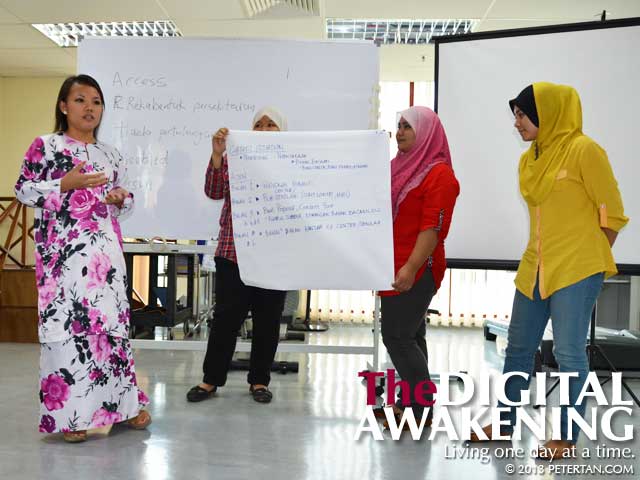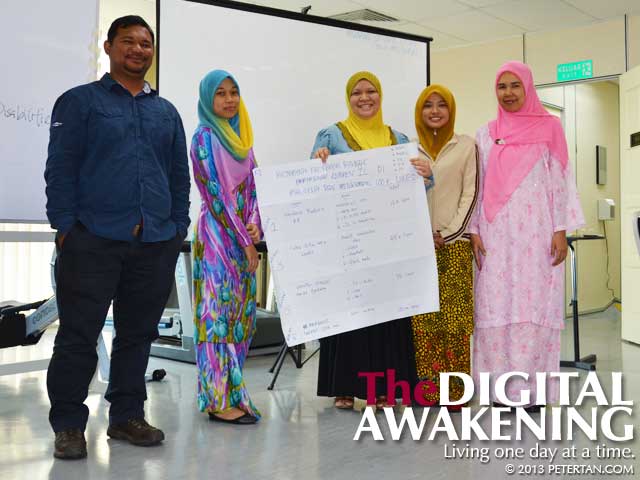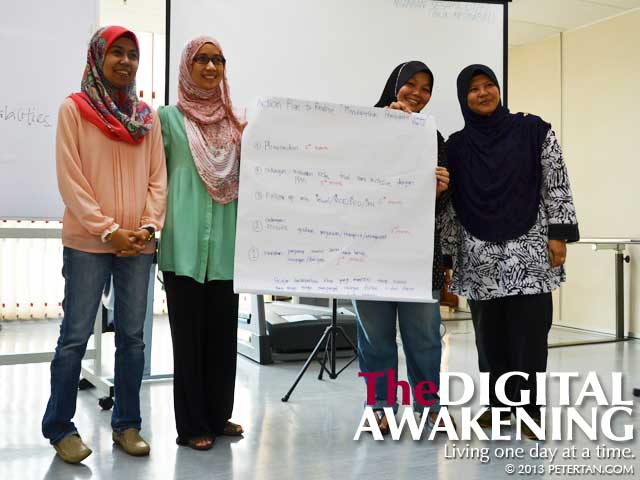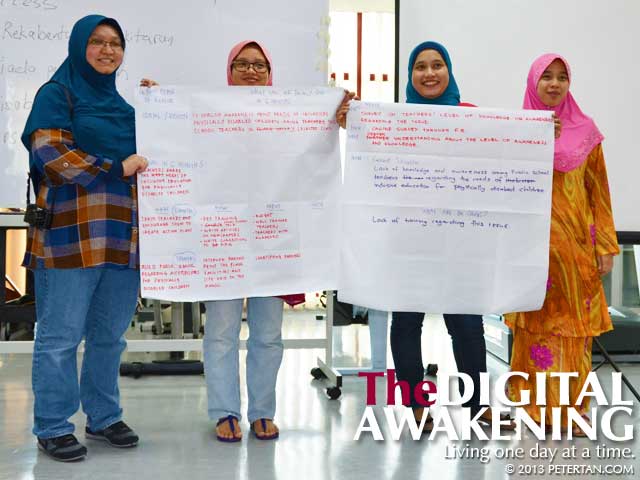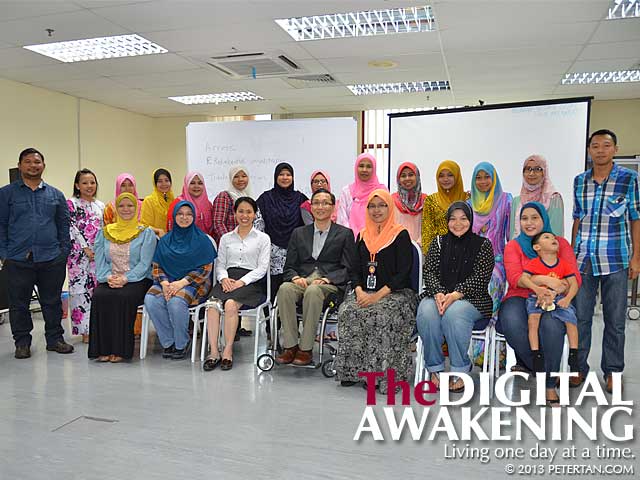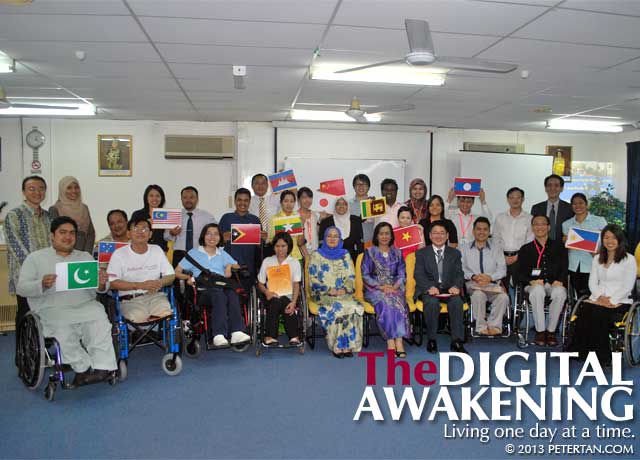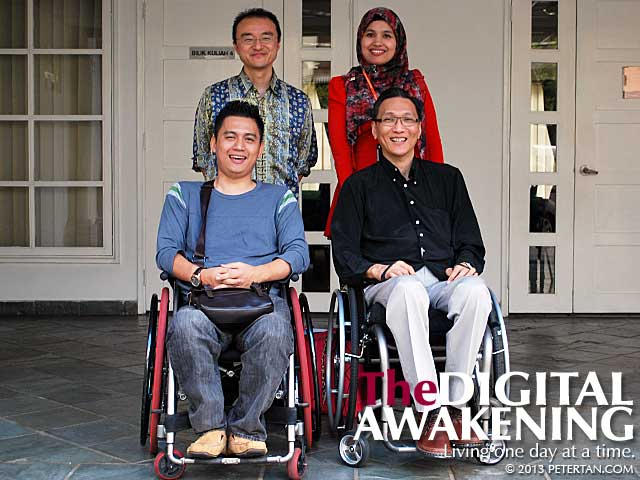True survivors
by Peter Tan. Posted on January 18, 2015, Sunday
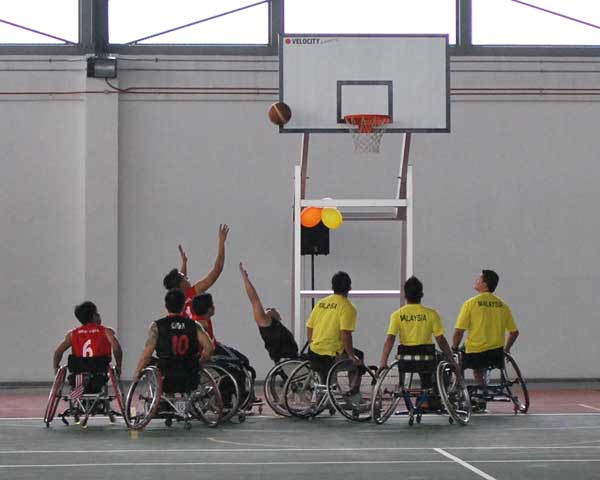
THE next time you cross paths with disabled people and have the strongest urge to stare and think what a pitiful sight they are, stop and look at their faces. Behind those facades of normality are pain, struggles and uncertainty no one else can truly comprehend.
For every story of disabled people who have overcome great difficulties to make something out of their lives, there are many others who are still grappling to come to terms with their conditions and also others who are fighting hard to be included and accepted in society.
There are also others who simply gave up on life after they became physically impaired. They were unable to accept what they considered a cruel fate that life dealt them. In the time before I became actively involved in disability-related training, I provided peer support to a few of them. I regret not doing enough to convince them that life could still go on meaningfully in spite of the impairments and difficulties they had to live with.
Theirs are stories I seldom share not because they are unworthy tales but because the emotional turmoil within them were ugly and frightening. After our accidents, we all go through that same struggle of being extremely optimistic of walking again one day and totally giving up hope and wishing for a quick end another day.
The one case I remember most was of a young man who was barely in his 20s. The late Diana Khoo, a social worker with many years of experience in the field of community rehabilitation, had invited me to go with her to provide peer support to him. The son of her acquaintance, he had spinal cord injury from a motorcycle accident and had become paralysed from the waist down.
The journey took us one hour by road and another 20 minutes through unpaved tracks deep inside a village in the rural outskirts of Penang island. The single-storey house was on the fringe of a jungle and appeared to have been recently built.
An elderly woman next door let us in. She told us she was the young man’s grandmother. The interior was sparsely furnished. He was resting in his bedroom. We exchanged pleasantries but it was obvious from his abrupt responses our presence was not exactly welcomed.
His mother had sought Diana’s help because she saw that he was demotivated after his discharge from hospital. He had refused to listen to her, refused to go for treatments and therapies, and refused to do anything for himself. She was at her wits’ end to help him get back on his feet again.
“Your mother told us you are able to stand. Can you show us?” Diana asked, trying to get him to open up.
He was keen to show us what he could do. With the walking frame positioned beside his bed, he struggled a little and pulled himself into an upright position.
“You are in a better shape than me,” I told him. “You can stand like this. I cannot. Why not go for occupational therapy so you can become even more independent?”
He sat back down and ignored my suggestion.
Then we talked about how his mother was doing as much as she could despite the circumstances. She had to work and at the same time worried about him. That was when he unexpectedly exploded in a tirade of rage.
“You are not me. You will never understand. Have you ever been poor? I had this accident. I cannot walk. My father left us. The previous house we lived in got burnt down. I cannot do the things I want to do now.”
We listened in silence as he went on and on about how unfortunate he was and that it would have been better if he had died in the accident. There was so much anger in him that we found surprising. That emotion must have been festering inside him for some time already. In order not to antagonise him further, we made some small talk and took our leave.
I never went back to see him again after that. He rebuffed further efforts to reach out to him. When I asked Diana about him a couple of years later, she told me he had passed on due to complications related to his paralysis. He could not get over the fact that he had to live with paraplegia for the rest of his life and refused to take proper care of himself.
There is only so much family members and friends can do to help in situations like these. Ultimately, the person must want to move on in life in the face of surmounting challenges. Apart from dealing with the emotional roller coaster caused by the sudden loss of limb and other bodily functions, there are also misconceptions and prejudices of society to deal with, and not forgetting the obstacles in the built environment.
It is not easy to overcome these trials and tribulations but not impossible either. The disabled people you see out and about in public places have done it or could still be struggling with some of these issues. What is important is that they have not allowed their impairments to stop them from leading a meaningful life. They put in effort to break personal and societal barriers and never gave up hope. They still found satisfaction in living.
So when you see disabled people in the street, instead of gawking, try to picture the long journey of determination and courage they had taken to get to where they are now. They are fighters. They are the people who never surrendered. They are the true survivors of the toughest challenge life can dish out.
Comments can reach the writer via columnists@theborneopost.com.
Read more: http://www.theborneopost.com/2015/01/18/true-survivors/#ixzz3cYV6R1Cq

